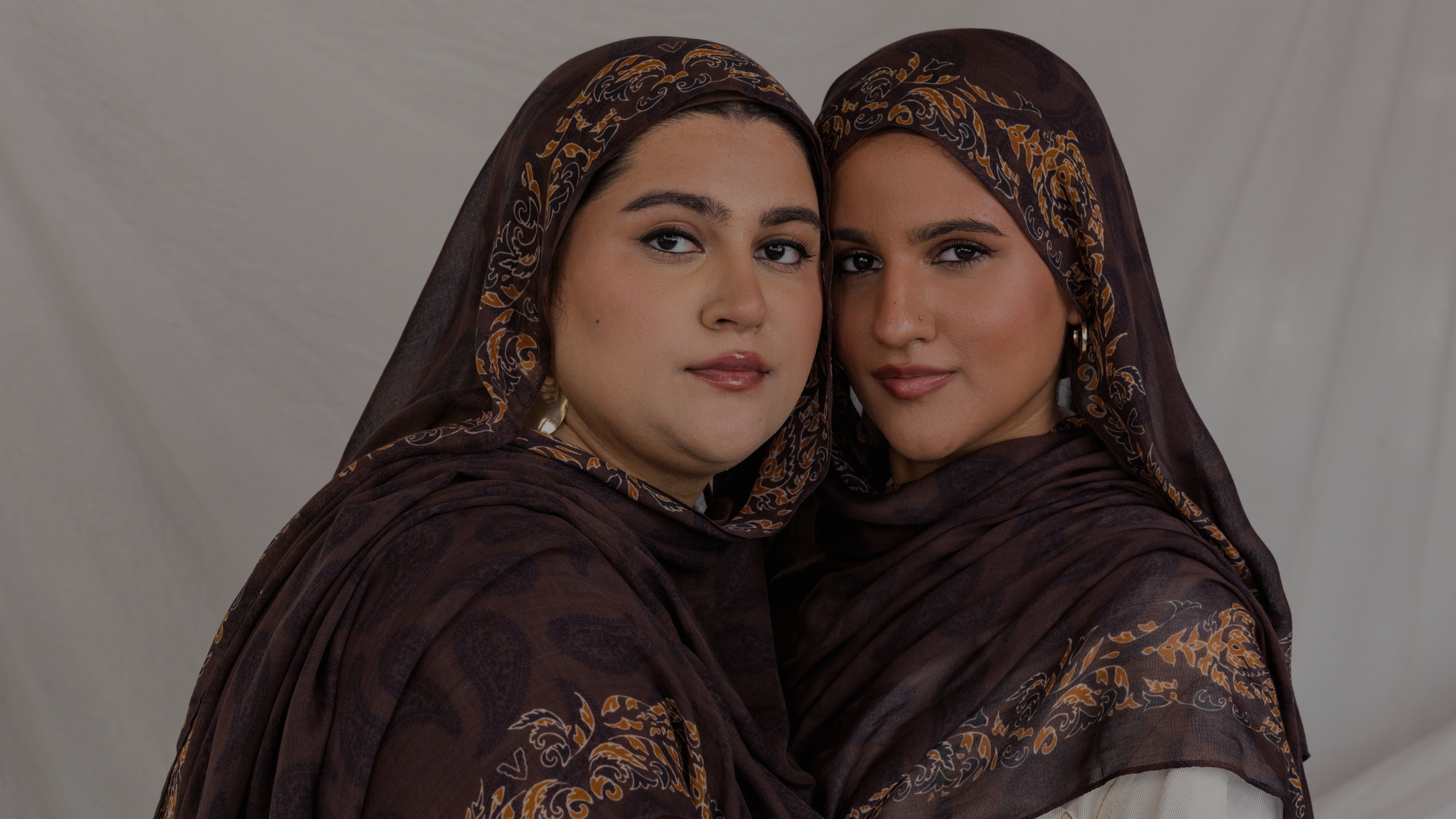 “We shall meet again, in Srinagar, by the gates of the Villa of Peace, our hands blossoming into fists, till the soldiers return the keys and disappear.” - Agha Shahid Ali.
“We shall meet again, in Srinagar, by the gates of the Villa of Peace, our hands blossoming into fists, till the soldiers return the keys and disappear.” - Agha Shahid Ali.
In the summer of 2019, we went to our first protest for Kashmir. We were teenagers. The Indian regime had revoked Indian Occupied Kashmir’s special status from its constitution, and plunged our people into what would turn out to be one of the world’s longest internet shutdowns. As we took to the streets in Canada, hearing calls for freedom, solidarity, and an end to the occupation, we were filled with hope for the future of our people. After decades of oppression, would we finally have freedom? But the long days of August soon turned into weeks, months, years. Kashmir, like so many times before, was forgotten.
And yet, Kashmiris continued to resist. Even when their stories disappeared from the mainstream media, and when their struggles were ignored across the world. For the first time in our lives, we joined them. We conducted extensive research, educated ourselves, and found a vocabulary to describe our people’s struggle and history. Then, we started to spread our knowledge to others, and spoke extensively about the Kashmir dispute, the occupation of our land, and the abuses Kashmiris have had to endure. One of the most important lessons we have learned during this time is that in the face of intense occupation, colonization, and erasure, remembering in itself becomes a form of resistance. This blog is another part of this effort: to remember and remind people about Kashmir, its resilient people, and the struggle they have led for centuries.
It would be impossible to cover everything about Kashmir in the confines of a single blog post. Thus, this is less of an overview of Kashmir and more of an introduction to our people’s history, and an invitation to learn more and stand in meaningful solidarity with Kashmiris.
 For some initial context, Kashmir is a region nestled between mountains, rivers and some of the most stunning landscapes you’ll find anywhere on earth. For centuries, Kashmiris have been enduring occupation, imperialism and colonialism. Since the 16th century, the region has been passed from one colonizer to another, from the Mughals to the Afghans, Sikhs and the British, who sold the territory to the Dogras. Currently, Kashmir is partly ruled by Pakistan and partly ruled by India, and for the past 77+ years, it has been at the heart of a geopolitical conflict between the two countries. A UN Security Council resolution determined that a solution to the Kashmir dispute would be a people’s plebiscite through which Kashmiris determine their political future themselves. That plebiscite has never been held, and both countries have failed to grant Kashmiris their right to self-determination. Indian Occupied Kashmir has become one of the most militarized zones in the world, where human rights abuses against Kashmiris are rampant, including extrajudicial killings, arbitrary arrests, sexual violence, torture, silencing of activists and journalists, and much more. Conditions are better under Pakistani rule, but Kashmiris still endure human rights abuses and silencing there, particularly those who advocate for Kashmir’s independence. Although the human rights violations in each side of Kashmir are of a different calibre and magnitude, they have a significant impact on each of the populations.
For some initial context, Kashmir is a region nestled between mountains, rivers and some of the most stunning landscapes you’ll find anywhere on earth. For centuries, Kashmiris have been enduring occupation, imperialism and colonialism. Since the 16th century, the region has been passed from one colonizer to another, from the Mughals to the Afghans, Sikhs and the British, who sold the territory to the Dogras. Currently, Kashmir is partly ruled by Pakistan and partly ruled by India, and for the past 77+ years, it has been at the heart of a geopolitical conflict between the two countries. A UN Security Council resolution determined that a solution to the Kashmir dispute would be a people’s plebiscite through which Kashmiris determine their political future themselves. That plebiscite has never been held, and both countries have failed to grant Kashmiris their right to self-determination. Indian Occupied Kashmir has become one of the most militarized zones in the world, where human rights abuses against Kashmiris are rampant, including extrajudicial killings, arbitrary arrests, sexual violence, torture, silencing of activists and journalists, and much more. Conditions are better under Pakistani rule, but Kashmiris still endure human rights abuses and silencing there, particularly those who advocate for Kashmir’s independence. Although the human rights violations in each side of Kashmir are of a different calibre and magnitude, they have a significant impact on each of the populations.
Even amid such horrifying human rights violations, Kashmiris on both sides keep our vibrant cultures and the dream of freedom alive. The Kashmir we know is the home of artists who paint under curfews, of poets who turn the pain of our people into verses, of weavers who keep the tradition of our infamous shawl industry alive, one thread at a time. Century after century, our colonizers have changed, but our people have continued to endure, remember and resist.
We started this article with a part of a poem by Kashmiri poet Agha Shahid Ali. We first came across this poem as part of our research into Kashmiri culture and poetry during the formative years of our undergraduate education. We resonated so deeply with the image it painted. Of returning home to a free Kashmir. More than hope, it evoked a feeling of nostalgia within us. Somehow, the image was familiar. Months later, we stumbled upon an envelope with passport photos taken when we were just under a year old, in Azad Kashmir. At the back? A map of a united Kashmir, and the words, ‘ae watan, teri jannat mein ayenge ek din’ (O homeland, we will enter your paradise one day). It was a quiet, unexpected reminder that, even before we had the words to name it, the struggle for Kashmir’s freedom surrounded us. Whether in the dreams printed by a photo studio in a small town in Azad Kashmir, or in the verses of a poem written by a poet from Srinagar. The determination for a free Kashmir unites Kashmiris across borders and generations. It is one of the most inspiring traits in our people.
If this is your first time learning about Kashmir, we encourage you to continue learning more about the region and its history. Read the work of amazing Kashmiri scholars like Ather Zia and Nitasha Kaul, of poets like Agha Shahid Ali, and of leaders in our freedom struggle like Syed Ali Shah Geelani. Support organizations working on the ground, including the Association of Parents of Disappeared Persons and the Jammu Kashmir Coalition of Civil Society. Challenge the narratives our colonizers spread about our people and our history in the mainstream media. Amplify Kashmiri voices. Every act of listening, remembering, and speaking out is a crucial step towards liberation, accountability and justice.



1 comment
this is so beautiful and eye-opening. thank you for sharing.
Leave a comment